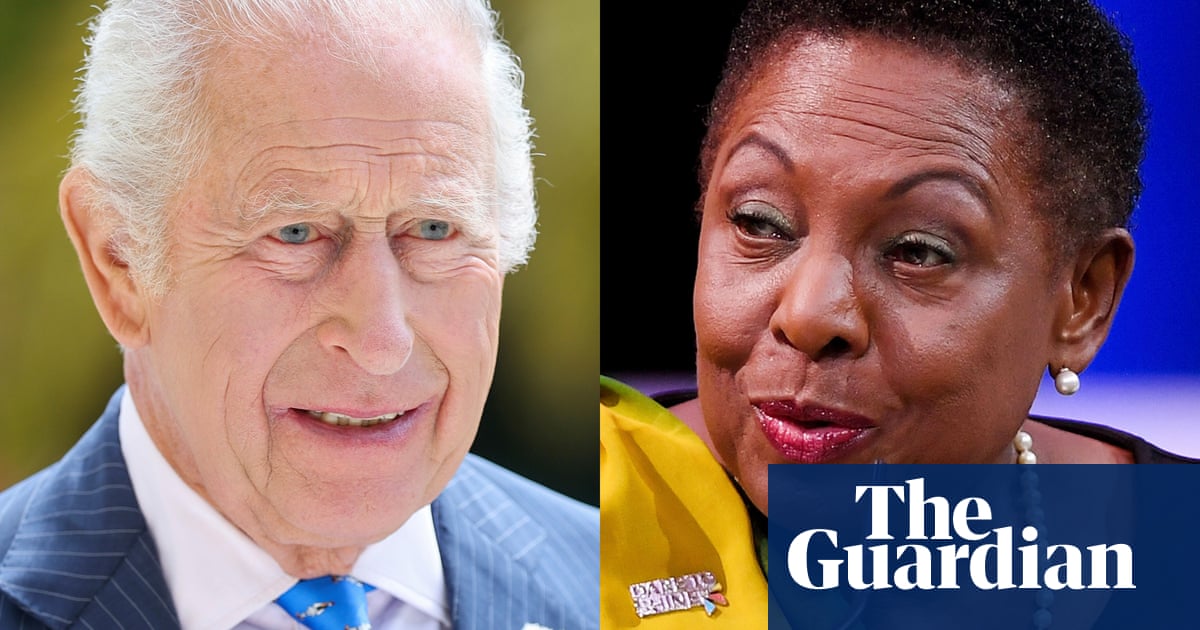Jamaicawill askKing Charlesto request legal advice on the issue ofslaveryreparations from the judicial committee of the privy council, the final court of appeal for UK overseas territories and some Commonwealth nations.
Under the Judicial Committee Act of 1833, the king, who remains Jamaica’s head of state after the country gained independence from Britain in 1962, has the authority to refer matters to the council for consideration.
Hundreds of thousands of enslaved Africans were shipped to Jamaica, and many scholars and advocates say the legacy of that period has resulted in or played a role in today’s inequities.
Calls for reparations are longstanding and moves such as the appeal to King Charles help to keep the topic in the public spotlight. A backlash against it has also been growing, and many of Europe’s leaders have opposed even talking about it.
Jamaica’s culture minister, Olivia Grange, said her government was asking the council to consider whether the forced transport of enslaved Africans to Jamaica and their subsequent enslavement was lawful, and if it constituted a crime against humanity.
It is also calling on the council to examine whether Britain is “under an obligation to provide a remedy” to Jamaica, not only for slavery but also for its enduring consequences.
“We will be submitting a petition to His MajestyKing Charles IIIto refer to the privy council a set of questions that we want answered within his current position as head of state of Jamaica,” Grange said in the Jamaican parliament on Tuesday.
Nicola Diggle, an expert in privy council appeals at London law firm Blake Morgan, said the monarch could refer any matter to the council. Lower courts in countries such as Jamaica, where the council is the final court of appeal, can also refer cases.
However, it may decide the matter is unsuitable for its opinion.
The legal weight of the council’s recommendations can vary. They could either be treated as a court judgment or non-enforceable legal opinions.
King Charles expressed deep sorrow over slavery in a speech to Commonwealth leaders in 2022 but Britain, like other former colonial powers, has so far rejected demands for reparations.
The petition comes afterJamaica’s government presented a bill in December to ditch the king as head of state.
